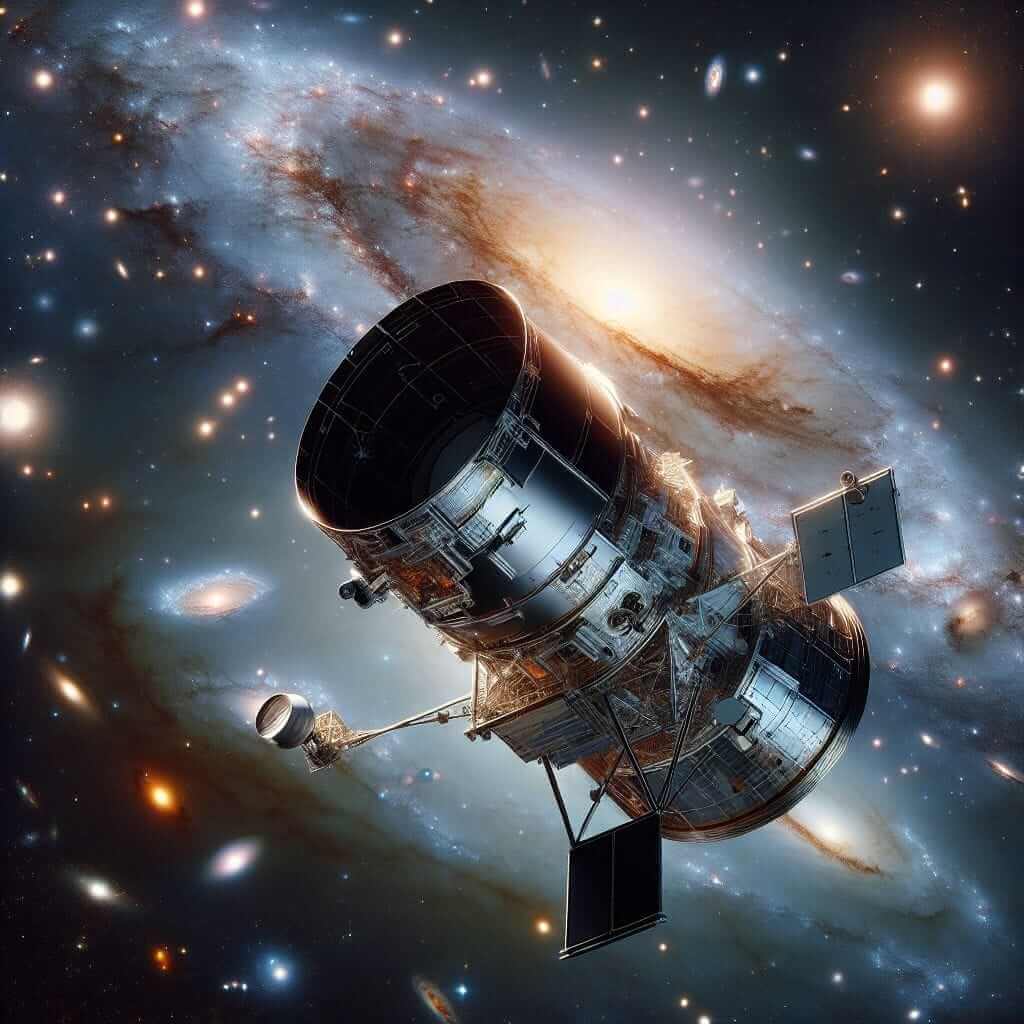“The impact of space exploration on scientific knowledge” is a topic that frequently appears in IELTS Writing Task 2, prompting candidates to analyze and discuss the multifaceted consequences of venturing beyond Earth. This essay will delve into this topic, providing a sample answer and valuable insights to help you excel in your IELTS writing.
Sample IELTS Essay Question:
Space exploration is often criticized for its high cost, with some arguing that the money would be better spent on solving problems here on Earth. To what extent do you agree or disagree?
Analysis of the Question
This question requires you to present a clear stance on whether the benefits of space exploration outweigh the financial implications. It’s crucial to acknowledge both sides of the argument while providing compelling evidence to support your viewpoint.
Sample Essay:
Space exploration has long captivated humanity’s imagination, driving us to unravel the mysteries of the cosmos. However, the immense cost associated with venturing beyond Earth has sparked debate, with critics arguing that these resources could be better allocated to addressing pressing terrestrial issues. While I acknowledge the significance of tackling challenges on our home planet, I firmly believe that the scientific advancements and potential for long-term benefits stemming from space exploration far outweigh the financial costs.
One compelling argument in favor of space exploration is its invaluable contribution to scientific knowledge. By probing into the vast expanse of space, we gain a deeper understanding of the universe and our place within it. For instance, the Hubble Space Telescope, launched in 1990, has revolutionized our understanding of the cosmos, providing breathtaking images of distant galaxies and revealing the secrets of star formation. Such discoveries not only expand our knowledge but also inspire future generations of scientists and engineers.

Moreover, space exploration has yielded numerous technological advancements that have tangible benefits for humankind. The development of lightweight materials, advanced robotics, and sophisticated imaging techniques, initially intended for space missions, has found widespread applications in fields such as medicine, communication, and transportation. For example, the miniaturization of electronics, driven by the need for compact and efficient spacecraft components, has paved the way for the smartphones and laptops we rely upon today.
Critics argue that the vast sums invested in space exploration could be redirected towards addressing poverty, disease, and climate change. While these are undeniably pressing issues, it is essential to recognize that technological innovation often emerges from unexpected sources. The pursuit of knowledge and the challenges posed by space exploration often lead to breakthroughs that can be applied to solve seemingly unrelated problems here on Earth.
In conclusion, while I acknowledge the financial implications of space exploration, I firmly believe that the scientific advancements, technological spin-offs, and potential for long-term benefits far outweigh the costs. By investing in space exploration, we are investing in our future, unlocking new frontiers of knowledge, and paving the way for a brighter tomorrow. (Word count: 320)
Writing Tips:
- Structure: Ensure your essay follows a clear structure: introduction, body paragraphs (with clear topic sentences), and conclusion.
- Vocabulary: Use a wide range of vocabulary related to space exploration, science, and technology.
- Grammar: Pay close attention to grammar accuracy, particularly subject-verb agreement, tenses, and articles.
- Examples: Provide specific examples to support your arguments, such as historical missions, scientific discoveries, or technological advancements.
Vocabulary:
- Profound (adjective) /prəˈfaʊnd/: very great or intense.
- Multifaceted (adjective) /ˌmʌltiˈfæsɪtɪd/: having many different parts or aspects.
- Terrestrial (adjective) /təˈrestriəl/: relating to the planet Earth.
- Tangible (adjective) /ˈtændʒəbl/: perceptible by touch.
- Spin-offs (noun) /ˈspɪn ˌɒfs/: a by-product or incidental result of a larger project.
Conclusion:
This essay has provided a comprehensive analysis of the impact of space exploration on scientific knowledge. Remember to practice writing essays on similar topics, such as the ethical implications of space travel or the potential for discovering extraterrestrial life. By mastering these themes, you’ll be well-equipped to tackle any IELTS writing task that comes your way.